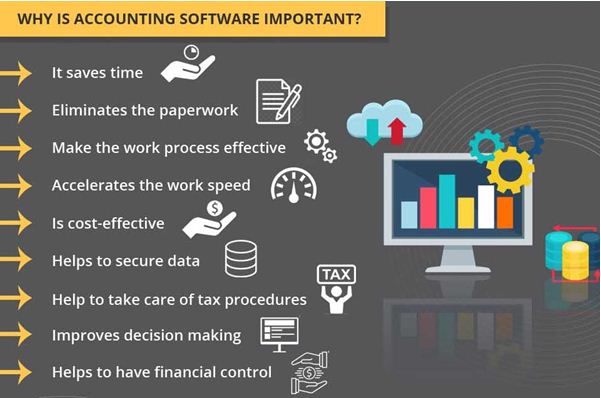Accounting Software is mainly designed for accounting experts to manage accounts and perform day to day accounting procedures. Accounting is an organized practice, work, or process of communicating and tracking financial data.
360Quadrants has released a quadrant on the best accounting software to help businesses make quicker and more informed decisions for their business. Ranking Quadrants are generated post analysis of companies (product portfolios and business strategies) and will be updated every three months based on market and regional analyses and developments in the accounting software space. 360Quadrants conducts an in-depth SWOT analysis which helps service providers learn about new opportunities and areas where they lag behind their peers. It also helps clients choose the most appropriate vendor for their requirements.
Market Overview:
In 2019, the Accounting Software Market reached USD 12.03 Bn and is expected to reach USD 19.6 Bn by 2025, at a CAGR of 8 percent over the 2020-2025 estimate period. The accounting software and financial management system industry has undergone many shifts in the last twenty years. One of the main shifts is to deliver accounting software applications focused on the cloud.
Accounting software operates internally with various other applications such as CRM, SCM, HRM, and analytical dashboards and reports. Within financial functions such as accounts payable, cash inflows, payroll, and trial balance, accounting solution is used to manage and monitor all such transactions. This software also monitors sales, maintains cash flows, conducts analyses, and produces visualizations and reports. Large businesses and small and medium-sized organizations are widely embracing the best accounting software for tracking financial transactions.
Competitive Leadership Mapping Terminology:
The competitive leadership mapping (Quadrant) showcased below provides information for accounting solutions. Vendor evaluations are based on two broad categories: product offering and business strategy. Each category carries various criteria, based on which vendors have been evaluated. The evaluation criteria considered under product offerings include the breadth of offering, delivery (based on industries that the vendors cater to, deployment models, and subscriptions), features/functionality, delivery, product quality and reliability, and product differentiation. The evaluation criteria considered under business strategy include geographic footprint (on the basis of geographic presence), channel strategy and fit, vision alignment, and effectiveness of growth (on the basis of innovations, partnerships, collaborations, and acquisitions).
What to Consider When Getting Accounting Software?
Every system needs to follow some key criteria to be worth the investment you’re investing in. Here are some reflections on what you should be looking for:
An automated invoicing module: Irrespective of the core processes, the best accounting software should be comprehensive and, if possible, you will also develop a program that provides at least some simple features for billing and invoicing. That way, you’ll save the hassle of buying new equipment or migrating data to another device.
Personalization: There is no conventional best accounting software, and the rationale seems to be that each business delivers specific financial calculations and adheres to a new set of circumstances. When you can’t find a particular framework that suits your business style (and that’s not ever going to happen), look for a scalable platform that you can tailor to your company, one that can evolve with your company.
Read a Press Release on Accounting Software: https://www.360quadrants.com/press-release/360quadrants-releases-best-accounting-software-companies-of-2020



